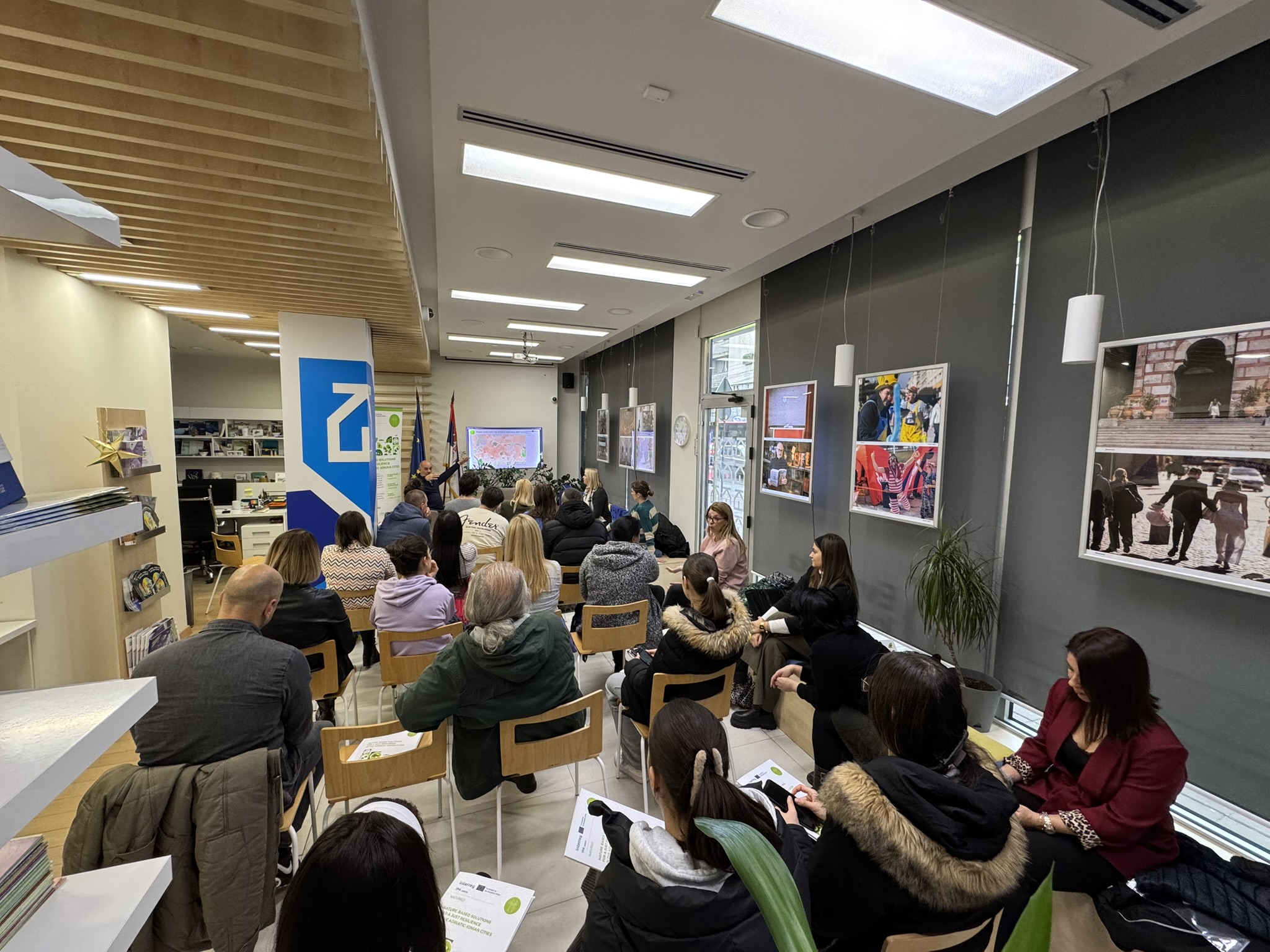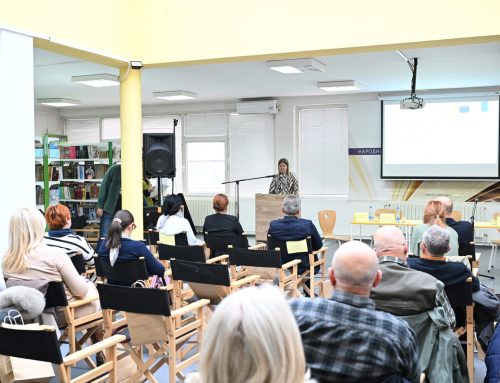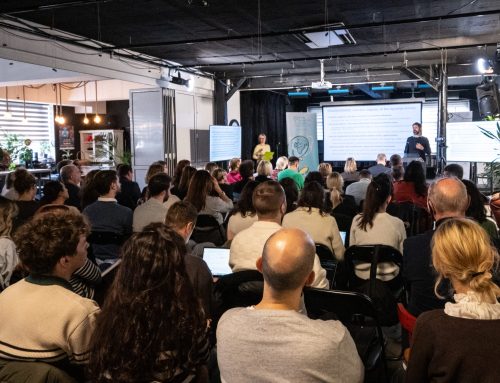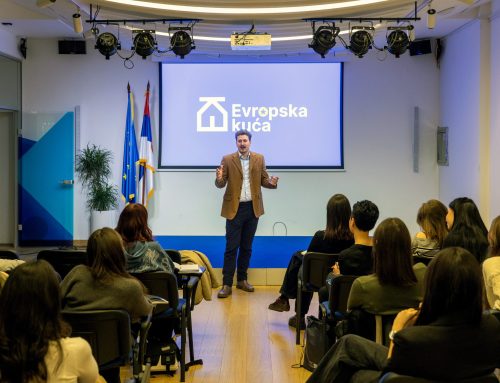Climate resilience is not just a technical issue – it is a social process that must be fair, safe, and inclusive in order to deliver real results.
In Niš, the Regional Development Agency South, through the international project NATURED, is working on identifying climate-adaptation solutions that will benefit the most vulnerable groups. Together with partners from eight countries in the region, the goal is to provide accessible and sustainable resilience to climate challenges through the application of nature-based solutions (NbS).
A key part of the process is working with local decision-makers, but also engaging communities in creating an NbS portfolio – so that the proposals are shaped according to the real needs of people on the ground.
Tatjana Panić Živković, Infrastructure and Sustainable Development Sector Manager at RDA South, explains that nature-based solutions are often simple but highly effective: greening streets, installing green walls, creating green roofs, and developing other surfaces that cool the city and absorb water.
At an event held at the European House Niš, as part of the European Green Diplomacy Week 2025, Panić Živković presented the results of the project so far, focusing on vulnerability maps for heat islands and urban flooding.
“On the heat-island vulnerability map we created, the entire city is marked in red, which means that Niš is essentially one large heat island, with the exception of parks and larger green areas,” she warned, announcing a pilot action that will serve as a demonstration of possible solutions in practice.
The goal of the discussion was to jointly examine the potential for implementing the pilot project and to identify the most vulnerable zones where NbS solutions could bring the greatest benefit.
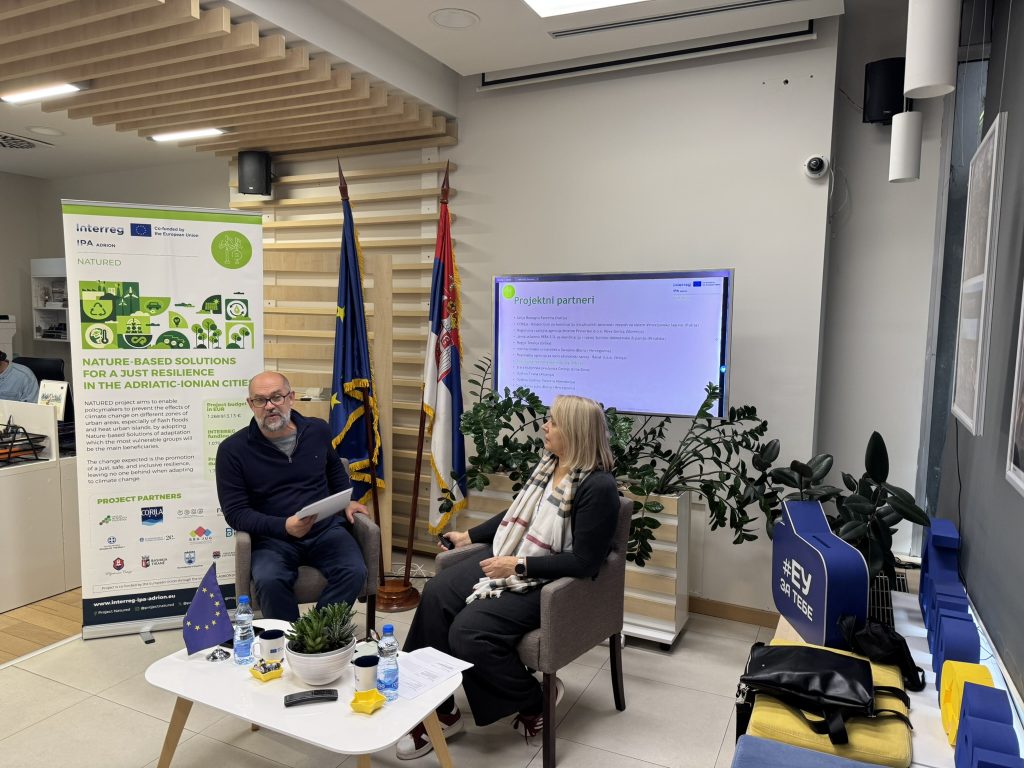
Nature-based solutions represent a contemporary concept that involves using natural processes and ecosystems to address key societal challenges – from climate change and water management, to disaster-risk reduction, and improving quality of life and public health.
The NATURED project is implemented within the Interreg IPA ADRION program, which brings together partners from ten countries of the Adriatic-Ionian region with the goal of strengthening the resilience of urban areas to the impacts of climate change, with a particular focus on urban flooding and heat islands, through solutions inspired by natural processes.
The goal of the NATURED project is to enhance the capacities of decision-makers, experts, and citizens to mitigate the impacts of climate change in urban environments, especially in the context of sudden floods and heat islands. The project promotes fair, safe, and inclusive resilience, ensuring that no one is left out of the climate adaptation process.
The event is organized as part of the European Green Diplomacy Week 2025, held from 14 to 25 November, whose focus this year is on water protection and sustainable development. The campaign is organized by Europe Houses in Belgrade, Niš, and Novi Sad, in partnership with the “EU for Green Agenda in Serbia” project implemented by UNDP, and in cooperation with organisations and projects EU4Green, NATURED, IPA Adrion (programme), EBRD, RERI, City and Me, Discover Serbia, Coalition 27, Young Researchers, FINS, Youth Center Novi Sad, Beldocs/CineEuropa, and Society for Bird Protection and Study of Serbia, with the shared goal of inspiring citizens, promoting sustainable habits, and encouraging active engagement for a healthier, greener future.
The project EU for Green Agenda in Serbia, with the technical and financial support of the European Union and in partnership with the Ministry of Environmental Protection, is implemented by UNDP in cooperation with Sweden and the European Investment Bank (EIB), with additional funding provided by the governments of Sweden, Switzerland and Serbia.
European Green Diplomacy Week is a global EU campaign that encourages cooperation in the fight against climate change and inspires climate action.

